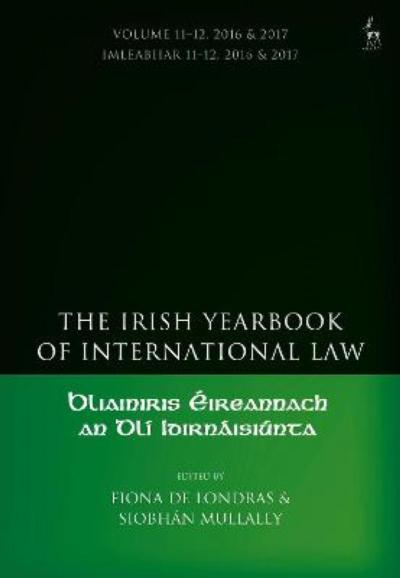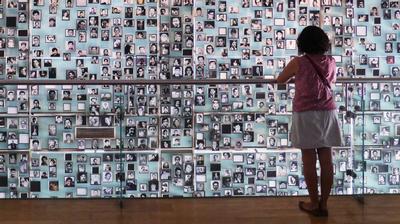Human rights violations and the paradox of democratic transition. A study of Chile and Argentina
How to cite this publication:
Elin Skaar (1994). Human rights violations and the paradox of democratic transition. A study of Chile and Argentina. Bergen: Chr. Michelsen Institute (CMI Report R 1994:5)
This comparative analysis of recent transitions to democracy in Argentina and Chile examines (1) the impact of the type of transition on democratic consolidation; (2) how resolving the problem of past human rights violations has influenced civil-military relations and democratic stability; and (3) what has been the role of human rights NGOs, the Catholic Church, and political parties. A major conclusion is that state-civil society linkages are important to understanding democratic transition and consolidation and that these linkages have unfortunately been deemphasised in much recent transition theory.




